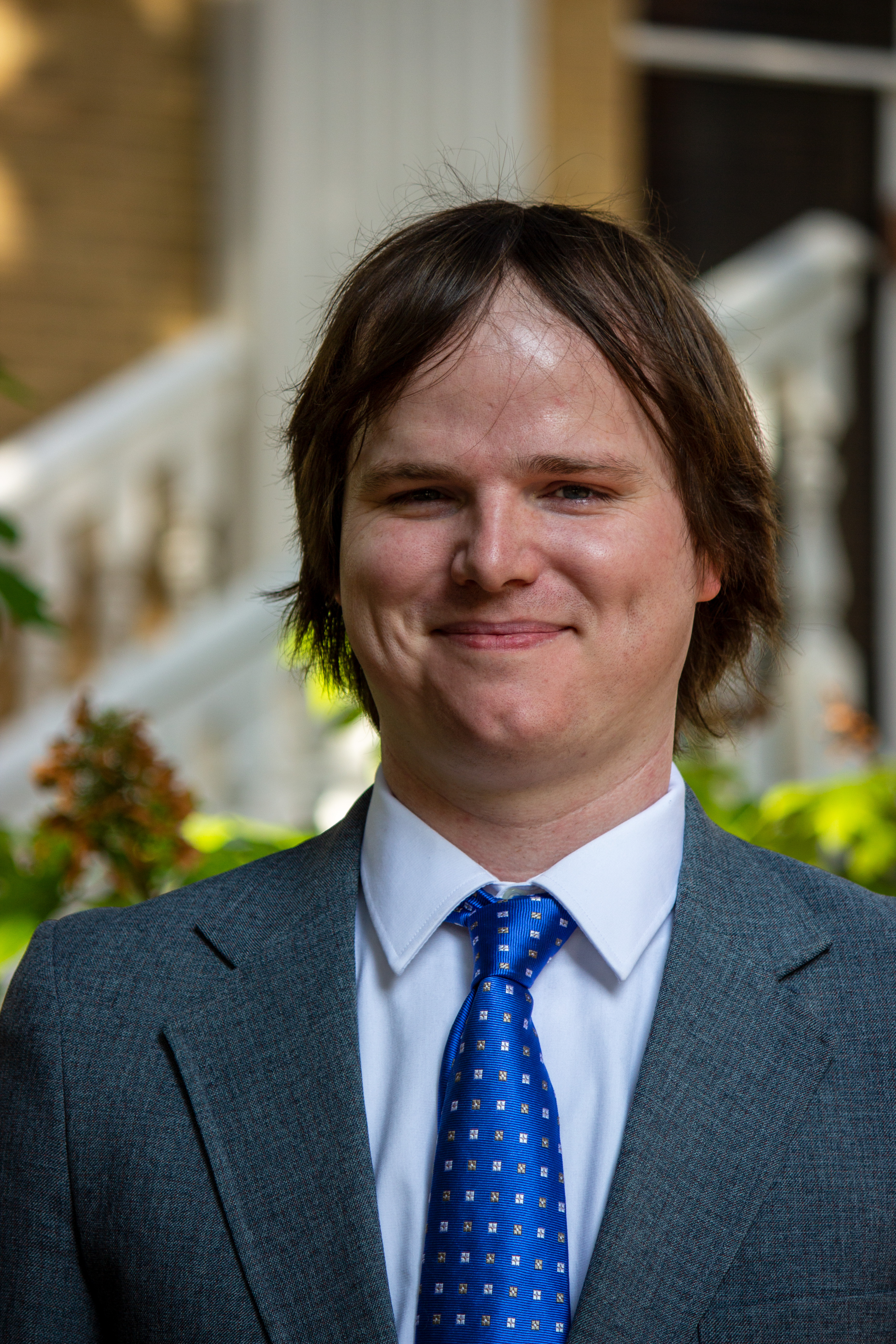Dr. Michael Lovell
Ph.D., University of Tennessee-Knoxville
Areas of Expertise
- Early Medieval Europe
- Late Antiquity
Email: mlovell@fau.edu
Office Phone: 561-297-2893

Michael Lovell is a historian of late antique and early medieval Europe with a research focus on the cultural and intellectual history of Gaul from the late Roman period to the end of the Carolingian Empire. His interests include religious relations between pagans and Christians, questions of identity, Christianization in the Roman and post-Roman worlds, biblical exegesis, apocalyptic thought, post-Roman statecraft, as well as late antique and medieval preaching, heresy, theology, and philosophy.
His book project, currently titled Predestination and Social Tolerance in Late Antique Gaul: Faith and Reason in a Multiconfessional Society, 330-600 CE, examines how Christians claimed a monopoly on rationality and how this self-understanding had affected their tolerance for confessional outsiders, namely pagans, heretics, and Jews. It reexamines how an intra-Christian debate, commonly known as the Semipelagian or Massilian Controversy, had a fundamental impact on early medieval conceptions of social tolerance for these confessional outsiders in one of the most significant post-Roman states in Western Europe, Merovingian Gaul. Two factions predominated during this period: the synergists, who believed that human nature and rationality were merely wounded by the Fall of Adam and Eve, and the Augustinians or predestinarians, who considered human nature and the capacity for reason to be totally depraved after the Fall. For the predestinarians, only those predestined by God would have their rational capacity restored so that they might become true Christians. While the synergists largely considered those outside the Christian fold to be rational enough to perform intrinsically good deeds, the predestinarians considered such people to be irrational, beastly, and untrustworthy neighbors. Dr. Lovell examines how both factions inculcated their views among the wider laity and influenced social tolerance or the lack thereof between religious groups during this period.
Courses
Undergraduate Courses
- History of Civilization I
- Medieval England
- Medieval Europe
- Roman Civilization
Graduate Courses
- Readings in European History
Curriculum Vitae (Available upon request)